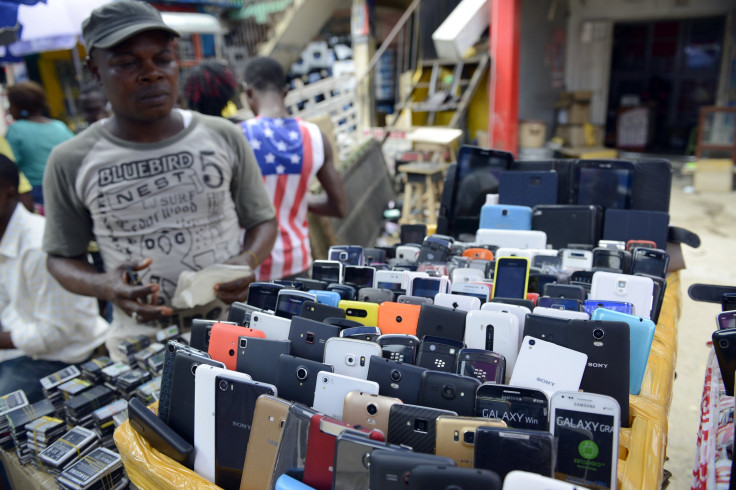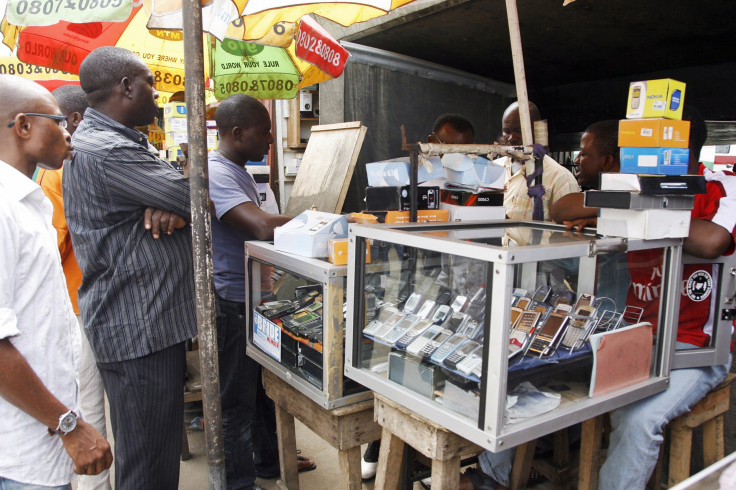Nigeria's Telephone Penetration Expands In First Half Of 2015 Amid Mobile Phone Boom

The number of phone connections, also known as telephone penetration, in Nigeria grew by 7.08 percent in the first half of the year. The so-called "teledensity" stood at 100.59 percent at the end of January and expanded to 107.67 percent by the end of July, according to information from the Nigerian Communications Commission obtained Monday by the New Agency of Nigeria.
The significant growth within six months -- there were nearly 141 million active telephone numbers on the Nigerian operators’ networks as of January -- showed that access to mobile phones, landlines and telecommunication services has expanded in the West African nation.
Mobile phone penetration in particular has exploded across the African continent in recent years, which the International Communications Union has estimated to be around 63 percent. The growth has benefited more than just mobile companies. It’s also helped online social media groups like Facebook, which seeks to expand its presence in sub-Saharan Africa.

Facebook opened its first Africa office in Johannesburg, South Africa, in June and has since seen its user base on the continent swell. Facebook recorded 100 million active users in Africa in September last year. Now, there are 120 million users, 80 percent of whom access the website through their mobile phones, Facebook revealed earlier this month. The company recorded more than 15 million monthly active users in Nigeria alone as of June 30, and it also has 4.5 million monthly active users in Kenya.
The social media network has made efforts to cater to Africa’s booming mobile market as users switch from basic cell phones to smartphones. One of the company's major efforts was the launch of Facebook Lite, a slimmed-down version of its mobile site. The app was released in June and tested in Asian and African markets, including Nigeria and South Africa.
“Mobile is not a trend; it’s the fastest development in communications we’ve ever seen. This couldn’t be more true for Africa, where so many people are mobile-only,” Facebook’s vice president for Europe, the Middle East and Africa, Nicola Mendelsohn, said in a statement, following the company’s opening of its Johannesburg office.
© Copyright IBTimes 2025. All rights reserved.



















